It is known that India is a founding member of the G4, a group of nations that strongly support each other in seeking a permanent seat on the Security Council.

It is known that India was a founding member of the United Nations. India signed the United Nations charter in Washington, US, on January 1, 1942. India also joined the United Nations Conference on International Organisations in San Francisco from April 25 to June 26, 1945. India supports the principles of the UN and has made significant contributions to implementing the goals of the Charter as a founding member of the United Nations.

India, being the largest democratic country in the world, is a charter member of the United Nations and joins all of its specialised organizations. In fact, India has also contributed security troops to United Nations peacekeeping missions across the world. During the earlier years of the UN, Indian troops deployed in Korea, Egypt, Israel, the Congo, Somalia, Angola, Haiti, Liberia, Lebanon, and Rwanda, and in recent years in the South Sudan conflict.
Recently, Ukraine President Volodomyr Zelenskyy raised the long-pending problem of India not getting a permanent seat at the United Nations Security Council (UNSC). Volodomyr Zelenskyy spoke to the world leaders at the UN General Assembly, and he questioned why the G-4 countries and Ukraine are not permanent members of the United Nations Security Council. Zelenskyy stressed that the day will come when this problem will be solved.
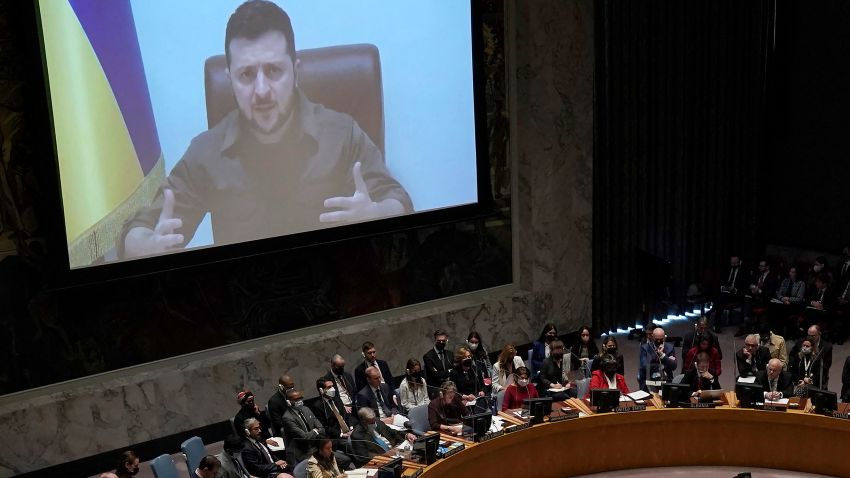
Interestingly, India has been a non-permanent member of the UN Security Council for eight terms so far since the UN was formed. Most recently, India has been a non-permanent member of the UNSC during the 2021–22 term. It is known that India is a founding member of the G4, a group of nations that strongly support each other in seeking a permanent seat on the Security Council and also advocate in favour of the complete reformation of the UNSC. It is known that the G-4 countries are a group of India, Germany, Japan, and Brazil. Apart from the G4 membership, India is also a member of the G-77.
The United Nations Security Council (UNSC) was formed on October 24, 1945, after the end of World War 2. Meanwhile, the main goal of the UNSC is the maintenance of international peace and security at all times. The UNSC has 15 members, and each member has one vote. The five permanent members are the UK, China, US, Russia, and France. Other countries like India get a temporary seat at UNSC, and India has so far not been given a permanent seat despite having all the qualities and requisites.
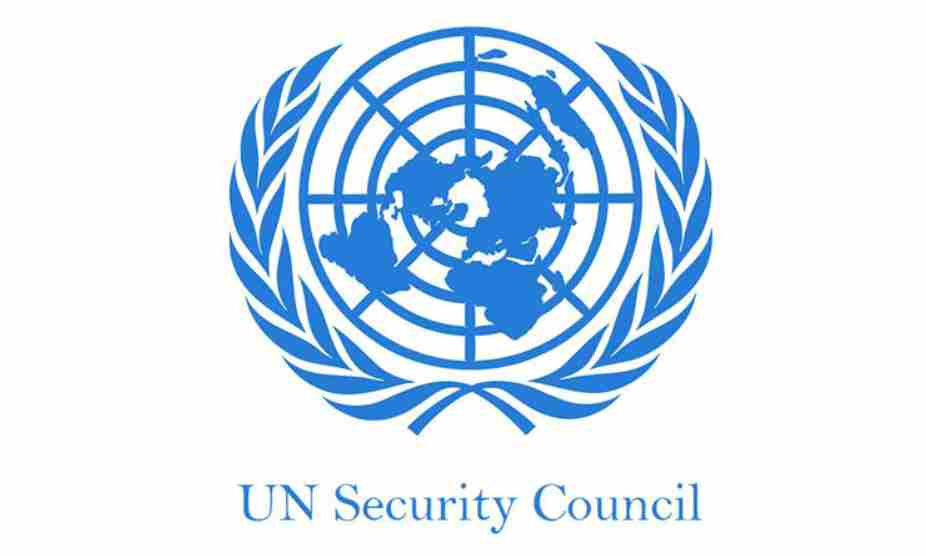
According to international affairs experts, there are three main reasons why India hasn’t yet gotten a permanent seat at the UNSC. Let us discuss the reasons in detail.
The first reason is resistance from China. It is known that China’s stand on India’s permanent seat has always been ambiguous, and there has never been a clear solution. In fact, India’s relationship with China has been strained after the Doklam standoff and recent cross-border tensions in Ladakh as well. Apart from that, China has also been actively supporting Pakistan on the Kashmir problem.
Interestingly, India supports Japan’s bid for a UNSC permanent seat, which China always opposes. For this reason, China will not support India anymore as long as India supports Japan in this matter.
The second reason is the US’s stand on India: Former US President Barack Obama once supported India’s bid for a permanent seat at the UNSC, but since then there has been no development on this matter. Meanwhile, the official American policy has always been to oppose India’s permanent membership at the Security Council because India is not a signatory to the Nuclear Nonproliferation Treaty. Apart from that, India possesses nuclear weapons, and it is evident that India will not find clear support from the US for a seat at the UNSC.
The third reason is the structure of the Security Council. In fact, for India or any other country to get a permanent seat at the UNSC, amendments will have to be made to the UN Charter, which requires the two-thirds vote of all member countries and the support of five permanent members. Interestingly, India is the most obvious and least controversial option for a permanent seat at the UNSC. The UNSC is conservative and reluctant to make changes.
.jpg)
It is known that India gained full independence in 1947 from British colonial rule. However, Independent India viewed its membership in the United Nations as an important guarantee for maintaining international peace and security. In fact, India stood at the forefront during the UN’s tumultuous years of struggle against colonialism and apartheid. Meanwhile, India was among the most outspoken critics of apartheid in South Africa. India was the first country to raise racial discrimination in South Africa at the United Nations in 1946.

India’s first prime minister, Jawaharlal Nehru, addressed the UN General Assembly in 1948. In early 1948, India took an active part in the draft of the Universal Declaration of Human Rights. Dr. Hansa Mehta, a Gandhian political activist and social worker who led the Indian delegation, made significant contributions to the drafting of the Declaration, especially highlighting the need for reflecting gender equality by changing the language of the Universal Declaration of Human Rights from all men are created equal to all human beings. In 1953, Vijaya Lakshmi Pandit was elected the first woman President of the UN General Assembly.
So far, India has been elected 8 times to the United Nations Security Council (UNSC). Meanwhile, India has been seeking a permanent seat on the United Nations Security Council as a member of the G4, a group consisting of Brazil, Germany, Japan, and India. However, all G4 countries are currently seeking permanent seats in the UNSC. It is known that the Russian Federation, the United States, the United Kingdom, and France support India and the other G4 countries gaining permanent seats in the UNSC.
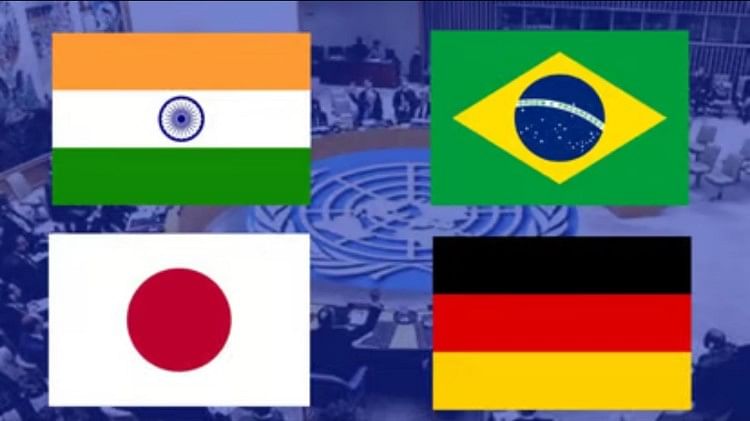
Apart from that, India makes a number of claims to justify its demand at the UNSC. India has the world’s largest population and is the world’s largest liberal democracy when compared to other nations. India is also the world’s fifth-largest economy and third-largest in terms of purchasing power parity so far.
The most important thing is that India is the largest contributor of security troops to United Nations peacekeeping missions after Bangladesh and Pakistan; all three countries are in South Asia. 156 Indian peacekeepers have made the supreme sacrifice so far. In addition to that, India has contributed more than 180,000 troops.
During his visit to India, US President Barack Obama also expressed his support for India’s candidature for permanent membership in the Council. However, the reactions from other UNSC permanent members are not very clear, particularly from China. Hence, it is very uncertain whether the demands of the G4 nations will be implemented anytime soon. On the other hand, the U.S. and other permanent Council members were not very supportive of expanding the UN Security Council.
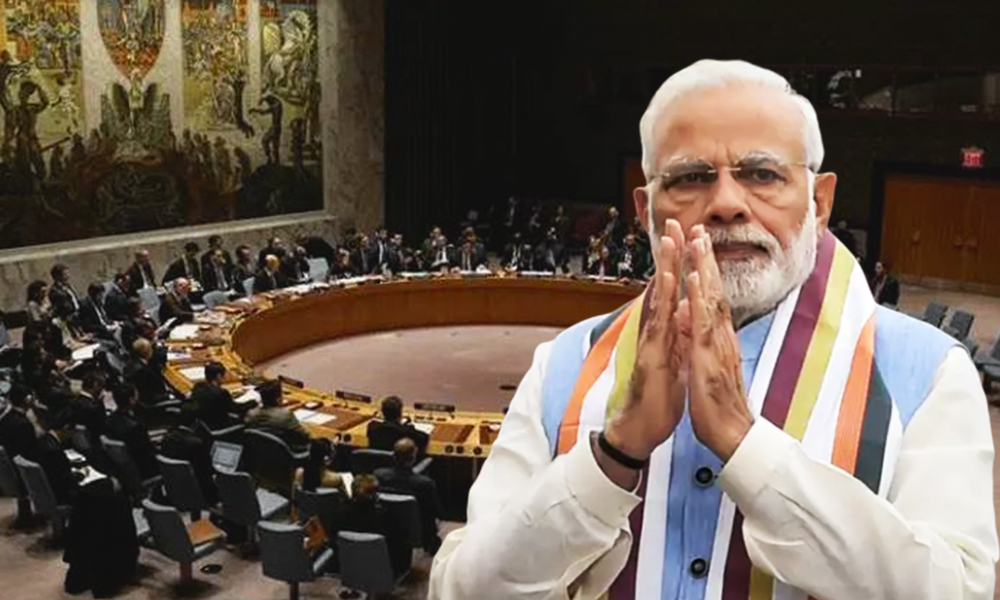
On September 26, 2020, India’s prime minister, Narendra Modi, joined the General Debate of the 75th Session of the United Nations General Assembly. PM Modi said that the people of India are worried about whether this reform process will ever reach its logical conclusion. He also said that it is a fact that the faith and respect that the UN enjoys among the 1.4 billion people in India is unparalleled.
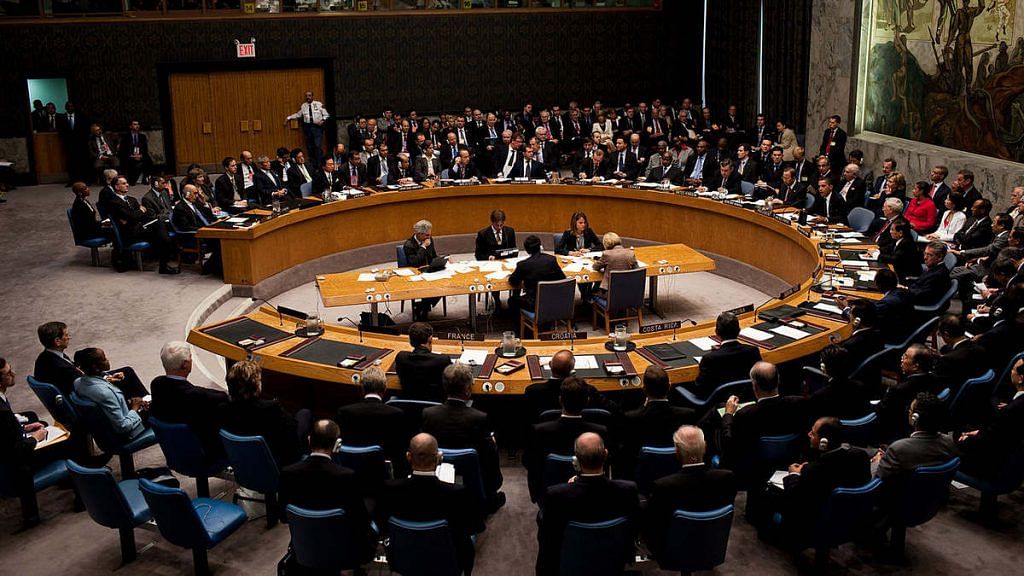
It is known that the UN Security Council is composed of 15 members, including five permanent member states. According to the UNSC, each non-permanent member gets the opportunity to chair the president of the UN Security Council during their two-year tenure. The presidency of the UNSC changes every month between its members in alphabetical order. However, India’s last term as a non-permanent member of the UNSC was in 2022–23, which was preceded by 2011–12, 1991–92, 1984–85, 1977–78, 1972–73, 1967–68, and 1950–51.
According to the UNSC resolution, the 10 non-permanent members are distributed among the regions of the world. Out of 10 seats, 3 are for African countries, 2 are for Asian countries, 1 is for Eastern European countries, 2 are for Latin American and Caribbean countries, and the remaining 2 are for Western European and other countries. Interestingly, the Africa and Asia Pacific group takes turns every two years to put up an Arab member state.

Each non-permanent member must obtain the votes of two-thirds of the member states present and voting at the UN General Assembly to secure a seat on the UN Security Council. It means a minimum of 129 members vote to win a seat if all 193 UN member states are present and voting. The presidency derives its responsibility from the provisional rules of procedure of the UNSC. In fact, the holder of the presidency is considered to be the face and official spokesperson of the UN Security Council.
★ Responsibilities of the UNSC President:
★ Calling meetings of the UN Security Council. ★ Appealing to parties in a conflict to exercise restraint. ★ Read the policies of the UN Security Council to the press. ★ Approving the provisional agenda. ★ Presiding at UNSC meetings and deciding questions relating to policy. ★ Veto power of UNSC member states.

